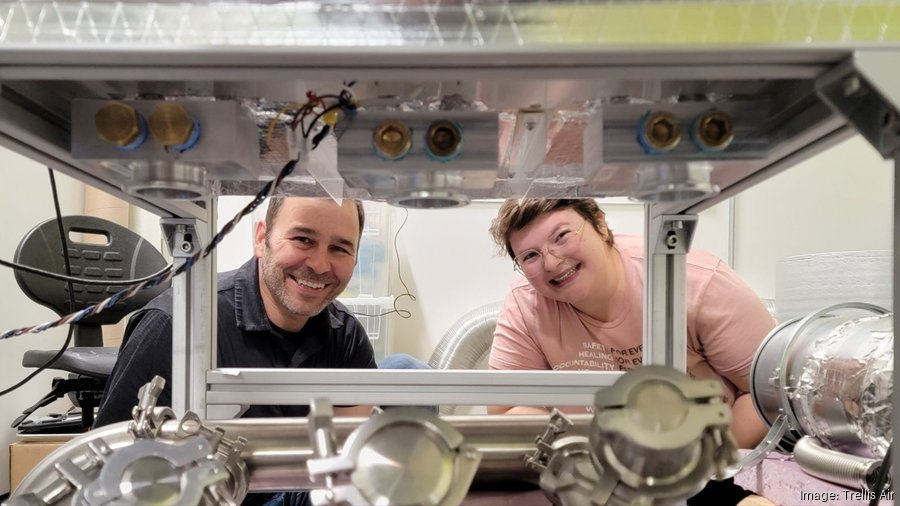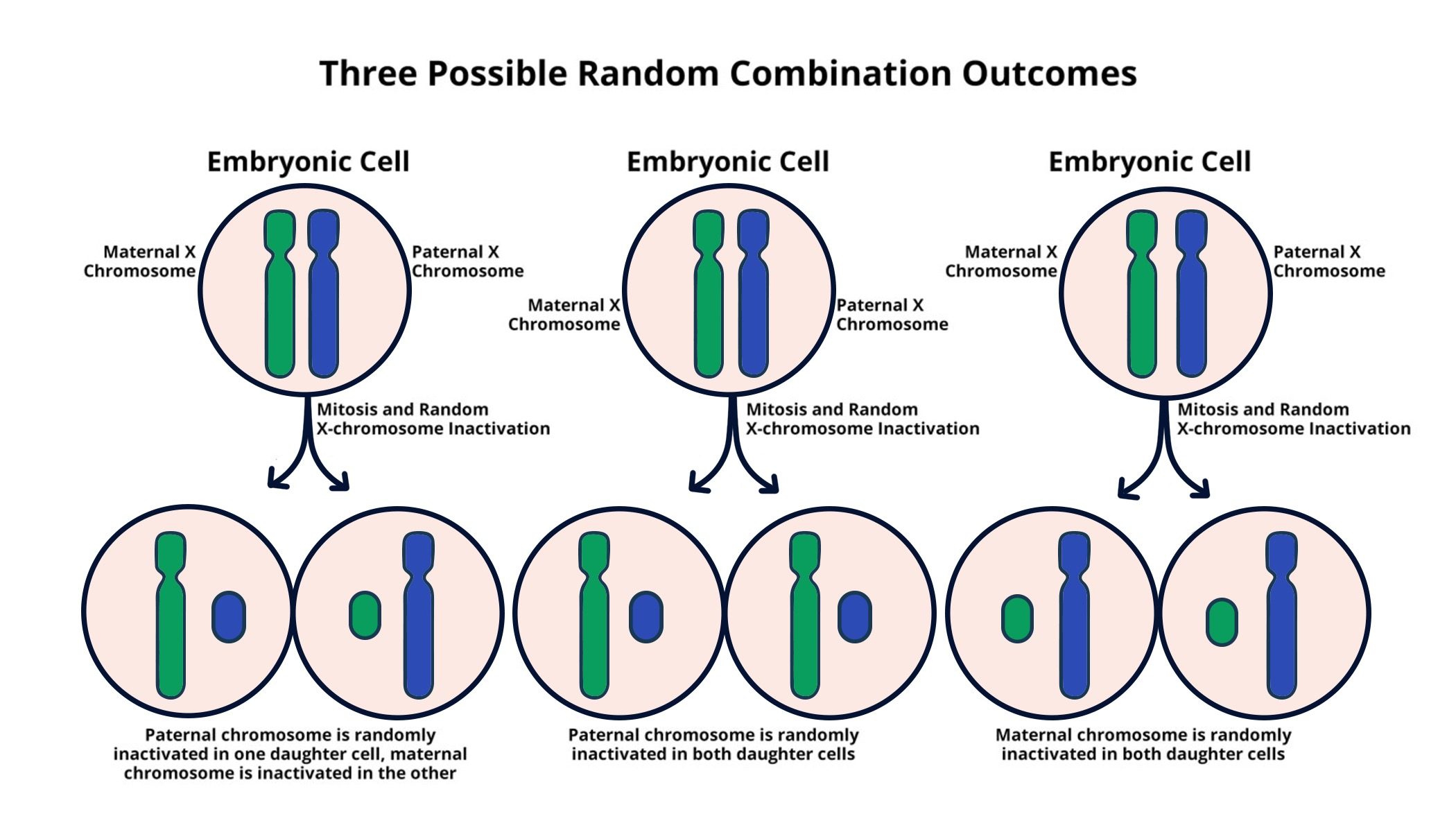Mobile healthcare apps are revolutionizing personal health management, offering innovative solutions that empower users to take charge of their wellbeing. These applications cater to diverse needs, from cancer patient apps designed to support recovery and medication adherence, to digital health coaching that motivates users to maintain healthier lifestyles. By leveraging advanced technologies like reinforcement learning, these apps create personalized health solutions that adapt to individual user behaviors, making healthcare more accessible and effective. As the demand for medication adherence apps grows, developers are keen to create tools that not only track health metrics but also provide real-time support, enhancing user engagement and outcomes. With the rise of these mobile healthcare apps, the future of healthcare looks brighter, promising to integrate smarter technology into everyday life and support patients in unprecedented ways.
In the rapidly evolving landscape of digital health, mobile health applications have emerged as vital tools for managing personal wellness and chronic conditions. These innovative resources, often referred to as health management apps or digital wellness platforms, provide tailored support for users navigating complex health journeys like cancer recovery or medication management. Utilizing techniques from artificial intelligence, particularly reinforcement learning, these applications deliver personalized insights that inherently improve the healthcare experience. The trend towards using health apps for medication adherence and digital coaching signifies a shift towards more interactive and responsive healthcare solutions. As technology continues to intertwine with health management, these apps are set to become indispensable companions for anyone seeking to optimize their health.
The Rise of Mobile Healthcare Apps for Cancer Patients
Mobile healthcare apps are emerging as critical tools in managing complex conditions like cancer, particularly for patients undergoing intensive treatments such as stem cell transplants. These innovative applications provide personalized health solutions designed to address the unique challenges that cancer patients face. By using sophisticated algorithms and reinforcement learning, these apps can adjust their advice based on individual patient behaviors and feedback, effectively helping users adhere to their medication regimens, manage side effects, and maintain daily routines even during recovery.
For instance, the ongoing development of the ADAPTS HCT app exemplifies this trend. The app is specifically tailored for cancer patients and their caregivers, offering features like reminders for medication administration and motivational prompts tailored to the patient’s needs. Such apps not only foster adherence to treatment protocols but also enhance the interaction between patients and their support networks, making healthcare management a collaborative and adaptive process.
Leveraging Reinforcement Learning in Digital Health Solutions
Reinforcement learning is a key technological advancement being leveraged in mobile healthcare apps to create adaptive health solutions. This approach enables apps to learn from their interactions with users, facilitating personalized feedback and decision-making that can greatly influence patient outcomes. For example, an app that utilizes reinforcement learning can identify peak times when reminders about medications are most effective, eliminating the risk of users ignoring notifications that come at less opportune moments.
The integration of reinforcement learning algorithms into mobile apps allows for a tailored experience that evolves as the user engages with the app. This is particularly beneficial in the scenario of medication adherence apps, which aim to ensure that individuals take their medication on a prescribed schedule. By adapting to the individual patterns of each user, these apps can help prevent the common issue of medication mismanagement that plagues many patients, particularly those undergoing treatments for serious conditions like cancer.
Personalized Health Solutions: The Future of Patient Care
As healthcare continues to evolve, personalized health solutions are becoming increasingly vital. These tailored approaches enable healthcare providers and patients to collaborate more effectively, ensuring that treatment plans are as unique as the individuals they serve. Mobile health apps that incorporate personalized features not only empower patients to take control of their health but also provide clinicians with crucial data that can inform future treatment decisions.
Innovations such as the MiWaves program for cannabis users demonstrate how personalized health solutions can extend beyond traditional medical frameworks. By continuously learning from user input and adjusting recommendations, these apps facilitate better management of health-related behaviors. This shift towards personalization in healthcare is set to transform patient experiences, leading to improved health outcomes and a more engaged and informed patient population.
Digital Health Coaching: A New Era of Support
Digital health coaching is revolutionizing the way patients receive support in their health journey. Mobile healthcare apps are designed to serve as pocket coaches, providing users with motivation, reminders, and educational resources tailored to their specific needs. This approach is particularly beneficial for individuals undergoing complex treatments, as it offers timely support that traditional coaching may not provide due to scheduling constraints and costs.
Apps engage users in various health-related activities, from medication adherence to daily exercise routines. Unlike conventional health apps that provide generic advice, these digital health coaching applications utilize advanced algorithms to offer customized interventions, thereby increasing user engagement and adherence to health protocols. As more patients adopt these technologies, digital health coaching apps will likely become integral parts of their healthcare routines.
Enhancing Medication Adherence Through Technology
Medication adherence remains a significant challenge for many patients, particularly those with complicated treatment regimens like cancer patients. Mobile apps designed with medication adherence features allow for real-time tracking and reminders that adapt to individual patient needs. By personalizing communication and reinforcement strategies, these apps substantially increase the likelihood that patients will follow their prescribed medication schedules.
The combination of behavioral science and technology in these adherence apps creates a robust tool for enhancing patient compliance. For instance, incorporating features like gamification, where users can earn rewards for sticking to their regimen, provides an extra layer of motivation. This innovative blend of engagement techniques and practical reminders exemplifies the future direction of patient-centered care.
The Role of Caregivers in Digital Health Management
Family caregivers play a pivotal role in managing the health of patients, particularly those dealing with serious conditions such as cancer. Mobile apps designed for caregivers not only help in monitoring the health status of their loved ones but also offer tools and resources that facilitate effective communication and coordination between caregivers and patients. This dual approach allows caregivers to support medication adherence actively and psychological well-being.
The integration of caregiver functionalities within apps, such as shared reminders and progress tracking, fosters a collaborative environment where both patients and caregivers are engaged in the healing process. This support network is essential for patients recovering from intensive treatments like stem cell transplants, where emotional and physical assistance is critical to recovery.
Using Social Networks to Foster Health Engagement
Social networks are an underutilized resource in mobile healthcare applications. By integrating these networks, apps can create communities of support that offer encouragement and shared experiences among users. This social aspect adds a layer of accountability, where interactions within these networks serve as motivation for patients to adhere to their health goals.
For instance, healthcare apps that incorporate social media features can enable patients to share their progress, exchange tips, and receive emotional support from peers facing similar challenges. This positive reinforcing environment contributes to improved mental health and can lead to higher adherence rates for medication and lifestyle changes. The power of community cannot be underestimated in driving successful health outcomes.
Data-Driven Insights for Improved Healthcare
The use of data analytics in mobile healthcare apps opens up opportunities for continuous improvement in patient care. By collecting user data, these applications can analyze trends and outcomes, providing valuable insights that inform the development of more effective health interventions. Such data-driven insights are particularly essential in adapting strategies to meet the unique needs of different patient populations.
Innovations like Oralytics, which monitor dental health adherence, demonstrate the potential benefits of utilizing big data in enhancing health behaviors. Understanding user patterns, preferences, and challenges enables developers to refine the app’s features and offerings, ultimately leading to a more customized experience that can encourage healthier behaviors over time.
The Future of Mobile Healthcare Applications
The future of mobile healthcare applications lies in their capacity to evolve with advancements in technology, ensuring they continue to meet the shifting needs of patients and healthcare providers. As artificial intelligence and machine learning capabilities progress, we can expect to see more advanced features that allow for deeper personalization and engagement. These innovations promise to enhance the effectiveness of mobile healthcare apps in addressing complex health challenges.
Furthermore, the growing acceptance of telehealth and digital health solutions during recent years has set the stage for widespread adoption of mobile health applications. As both patients and healthcare providers become more accustomed to using technology for health management, the potential for mobile applications to improve health outcomes will only increase. By focusing on user experience and impactful interventions, future mobile healthcare apps will play an essential role in the evolution of patient-centered care.
Frequently Asked Questions
What are mobile healthcare apps and how can they help cancer patients?
Mobile healthcare apps, especially those designed for cancer patients, utilize advanced algorithms to provide personalized health solutions. These apps can help with medication adherence by offering real-time support and reminders tailored to the individual’s needs, improving their chances of completing their treatment while managing side effects.
How do reinforcement learning algorithms enhance mobile healthcare apps for medication adherence?
Reinforcement learning algorithms allow mobile healthcare apps to learn from user interactions and adjust their recommendations accordingly. This dynamic approach helps to personalize the support received by cancer patients, ensuring that medication reminders and motivational prompts are timely and relevant, thus enhancing adherence rates.
What role do mobile healthcare apps play in digital health coaching for chronic illness management?
Mobile healthcare apps serve as digital health coaches by providing continuous guidance and support tailored to users’ specific health challenges. They utilize algorithms to personalize interactions, helping users navigate their treatment regimens, monitor symptoms, and maintain medication adherence, especially in chronic illnesses like cancer.
Can mobile healthcare apps incorporate social networks to support cancer patients?
Yes, many mobile healthcare apps for cancer patients include features that utilize social networks to foster connections between patients and their caregivers. By encouraging communication and collaboration, these apps enhance support systems, making it easier for patients to manage their medications and treatment plans.
How do mobile healthcare apps use just-in-time adaptive interventions?
Mobile healthcare apps implement just-in-time adaptive interventions by analyzing user data in real-time and providing timely prompts or support when it matters most. For cancer patients, this could mean sending medication reminders or motivational messages at optimal moments to improve adherence and overall health outcomes.
What features can make cancer patient apps more effective in supporting their health journeys?
Effective cancer patient apps often include features like personalized health tracking, reinforcement learning for behavior modification, real-time feedback, social support networks, and gamified elements to engage users. These tools collectively aim to boost medication adherence and enhance the overall treatment experience.
How does the development of mobile healthcare apps improve cancer patients’ medication adherence?
The development of mobile healthcare apps focused on cancer care incorporates advanced technologies like reinforcement learning and user-centered design to create personalized tools that adapt to patients’ evolving needs, thereby significantly improving medication adherence through timely reminders and support.
What benefits do mobile healthcare apps provide to caregivers of cancer patients?
Mobile healthcare apps not only assist cancer patients but also provide caregivers with essential tools to manage care responsibilities more efficiently, including shared access to medication schedules, reminders, and communication features that enhance collaboration in treatment management.
How is technology transforming traditional healthcare through mobile healthcare apps?
Technology is revolutionizing traditional healthcare by integrating mobile healthcare apps that leverage AI, reinforcement learning, and personalized interventions. This transition enables more engaged and informed patients who can manage their health proactively, changing the landscape of chronic disease management.
Are there specific mobile healthcare apps for medication adherence among cancer patients?
Yes, there are specialized mobile healthcare apps designed specifically for medication adherence among cancer patients. These apps utilize intelligent algorithms to track medication schedules, send reminders, and provide personalized feedback to ensure patients stay on track with their treatments.
| Aspect | Key Points |
|---|---|
| Target Audience | Cancer patients, particularly those undergoing stem cell transplants, and individuals misusing cannabis. |
| Problem Addressed | Patients often struggle with medication adherence during recovery due to side effects and lack of support. |
| Technology Used | Reinforcement learning algorithms that adapt to user needs in real time. |
| Features | Real-time personalization, psychological rewards, and social network integration for support. |
| Collaborations | Working with engineers, clinicians, and scientists, including upcoming clinical trials at MU and NU. |
| Current Projects | ADAPTS HCT for stem cell transplant patients, MiWaves for cannabis use, and Oralytics for oral hygiene. |
| Future Goals | To create practical, affordable digital health coaches that can help guide patients to adhere to treatment. |
Summary
Mobile healthcare apps are transforming the way patients manage their health by providing personalized support and interventions. These innovative applications, developed through advancements in algorithms and AI technology, aim to help patients, especially those with chronic conditions like cancer, adhere to their treatment regimens effectively. By utilizing just-in-time adaptive interventions, mobile healthcare apps deliver timely reminders and encouragement, fostering better relationships between patients and their caregivers, ultimately improving health outcomes.








